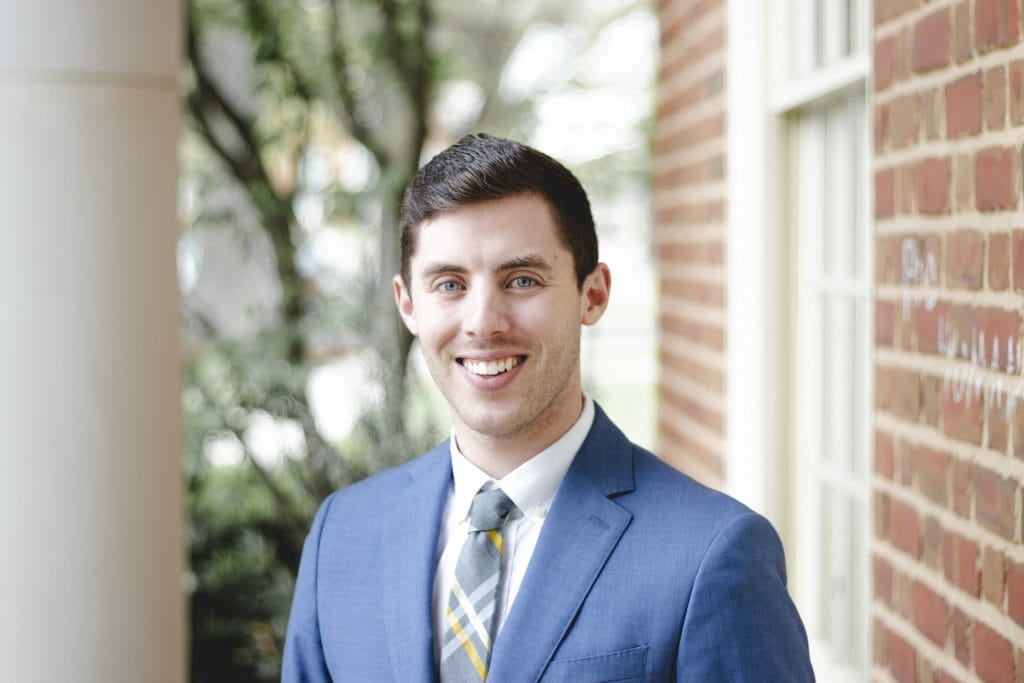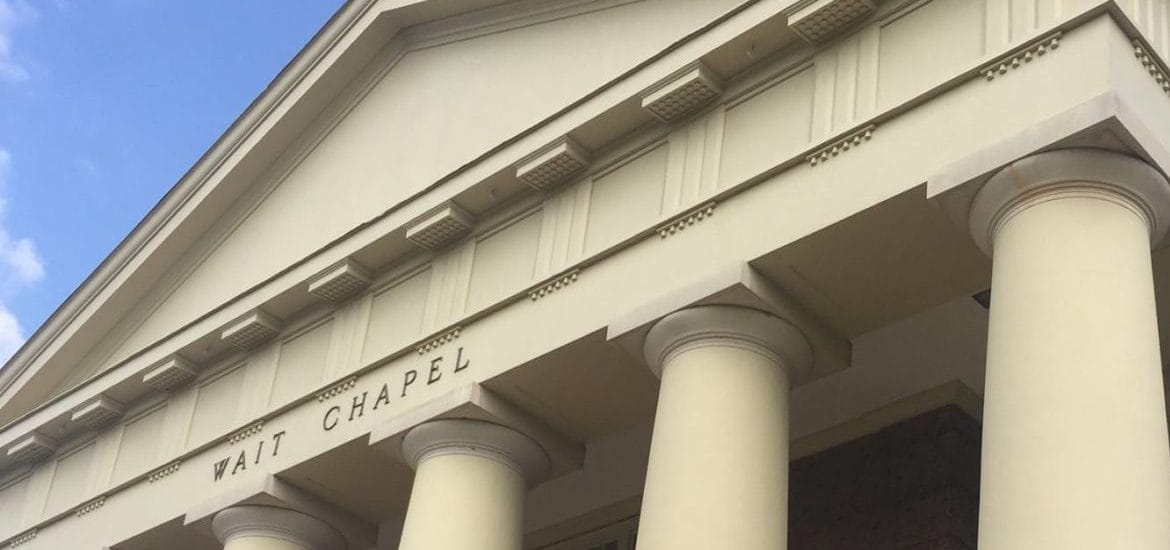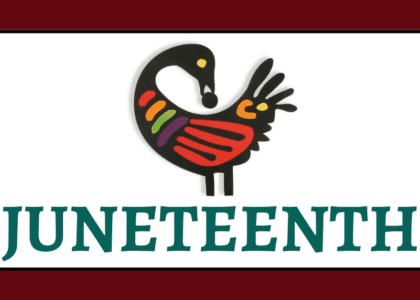By Rayce Lamb
Are endowments ethical?
When working with a congregation around their stewardship practices, I love to break the ice with this question. For many of us, this question is one we haven’t put much thought into. Either we find ourselves in spaces where endowments are seen as essential or we operate within operational budgets where endowments are nothing more than a fantasy. Still, more often than not, the consensus of the group is something along the lines of, “well, it depends…” How is the money being used? How is it being invested? How was it received?
As you may know, my passion lies in those tough conversations found at the intersection of faith, money, and vocation. As people of faith, how do we work to end economic injustice while making sure that we attend to our own financial formation in ways that help us to flourish in our vocational call? Until recently, I’ve always entered these conversations with congregations as an outsider. But in August, my church, Wake Forest Baptist Church, voted to dissolve.
Within minutes of announcing our decision, requests for our remaining funds and assets began pouring in. From local nonprofits to national organizations, we soon had a long list of organizations asking for our support. The hard part? They were all good organizations doing amazing work. Organizations that we would have loved to support. But with finite resources we knew we had to be intentional about listening to God’s voice one more time as we made this collective decision.
The process of closing a church is tedious. It takes time and energy (a lot of energy). At Wake Forest Baptist Church we spent close to ten months discerning the decision to close prior to having an official vote. That was ten months of storytelling, ten months of praying, ten months of lamenting, listening, and dreaming. When the vote finally came we were exhausted. Yet, we understood we still had work to do including the distribution of our financial assets.
It was at this moment that I found myself having an ethical discussion about endowed funds with my own congregation. Ironically, I didn’t feel as equipped to answer the very question I make other congregations wrestle with regularly. According to a 2020 article published in Philanthropy Daily, it is estimated that about 1.7 trillion dollars are held in endowed funds in the United States alone. Furthermore, our church exists at the center of Wake Forest University’s campus, a university with an endowment of over 1 billion dollars.
In case you forgot, that is a lot of money! Early on, it was clear in our discernment process that we wanted our assets to help promote the progressive Baptist legacy that our church so boldly proclaimed for 66 years. So, naturally, we looked at where our roots were planted. Since the founding of Wake Forest University’s Divinity School in 1999, Wake Forest Baptist Church has served as a place for practical formation—especially among progressive Baptist students who struggled to find other Baptist spaces that welcomed their full and authentic selves. We wanted to continue that legacy, but was that the most ethical use of our funds? To further contribute to this university with an endowment of already over 1 billion dollars?
…that the next generation might know them, the children yet unborn, and rise up and tell them to their children, so they may set their hope in God and keep [God’s] commandements. -Psalm 78:6-7
During this period of discernment, a congregant passed along this Psalm alongside one of her fears. She said, “I worry there might be a day where the world doesn’t know about Wake Forest Baptist Church, a day where the legacy of this church, in this place, will no longer serve as a moral compass for the university.”
The truth is, our church has served as a moral compass for the university since our founding. From racial integration in the 1960s to marriage equality in the 2000s, our history is one of putting pressure on Wake Forest University to take a stance on issues of justice and belonging—even when it wasn’t in the university’s best interests to do so. As we lamented this fear of no longer being a moral compass for the university, a member asked a simple question that gave us all pause, “why not?”
Why not? Was there a way to use our assets at the end of our ministry’s life to continue to serve as a moral compass for the University for years to come?
In October, the membership of Wake Forest Baptist Church voted unanimously to endow the Wake Forest Baptist Church scholarship at Wake Forest University School of Divinity. This scholarship will help support progressive Baptist students with a record of LGBTQ+ advocacy. Through an endowed fund, our church found a way to continue its legacy of cultivating emerging Baptist leaders with an eye toward justice while holding an institution it loves to its commitment of being a place of belonging. Alongside this scholarship, the church also voted to endow the Wake Forest Baptist Church Community Fund at the Winston-Salem Foundation that will go to support the Meals on Wheels Ministry in Winston-Salem as well as the Alliance of Baptists and our collective work around racial justice.
So, are endowments ethical? Well, it depends. But they can be.

Rev. Rayce J. Lamb (he/him/his) is serving as the Interim Pastor of Wake Forest Baptist Church in Winston-Salem, North Carolina that voted to dissolve in August 2022. He is also the Founder of Faithonomics, a social venture committed to the holistic financial formation of faith leaders and their communities. You can learn more about Rayce by visiting his website www.raycelamb.com.




Recent Comments